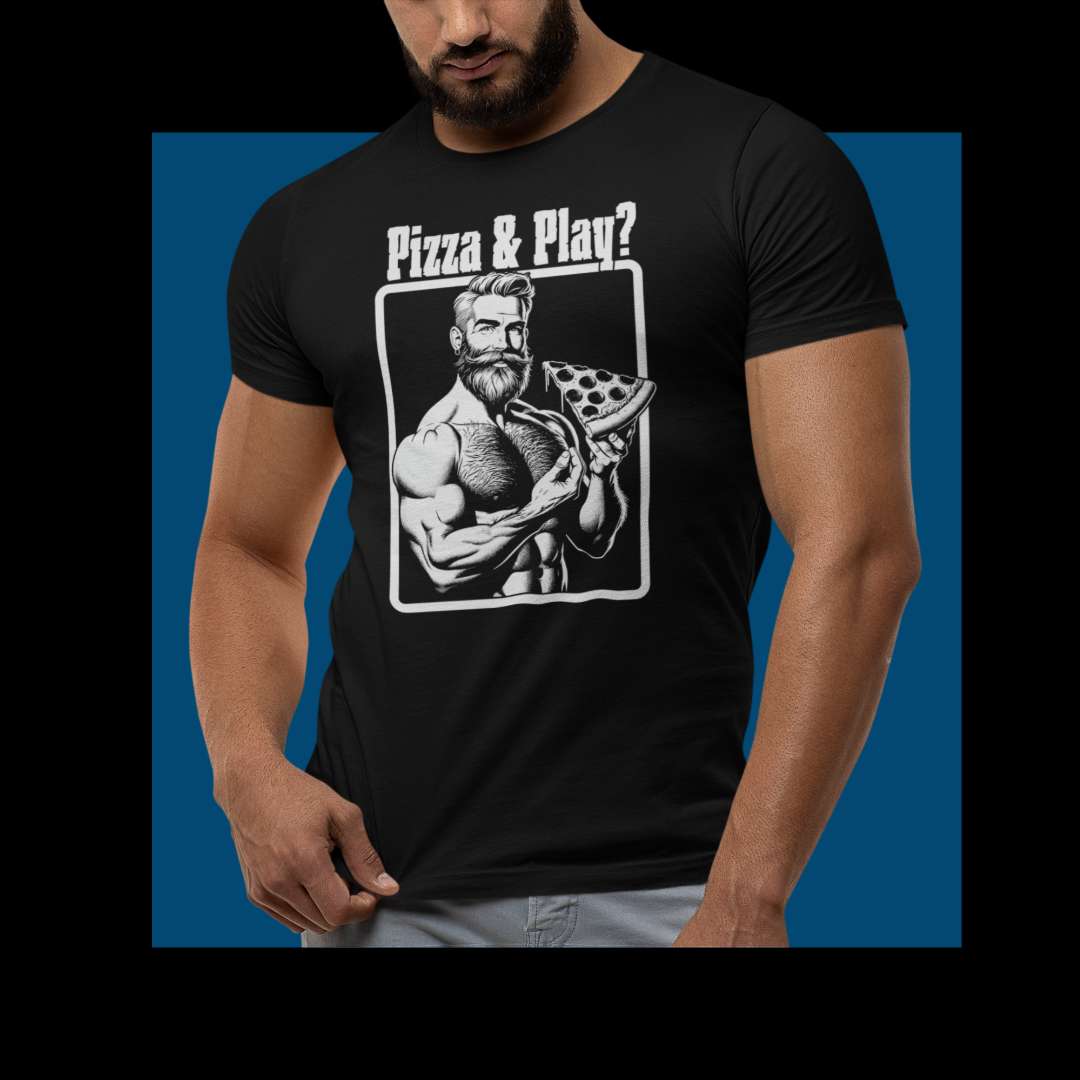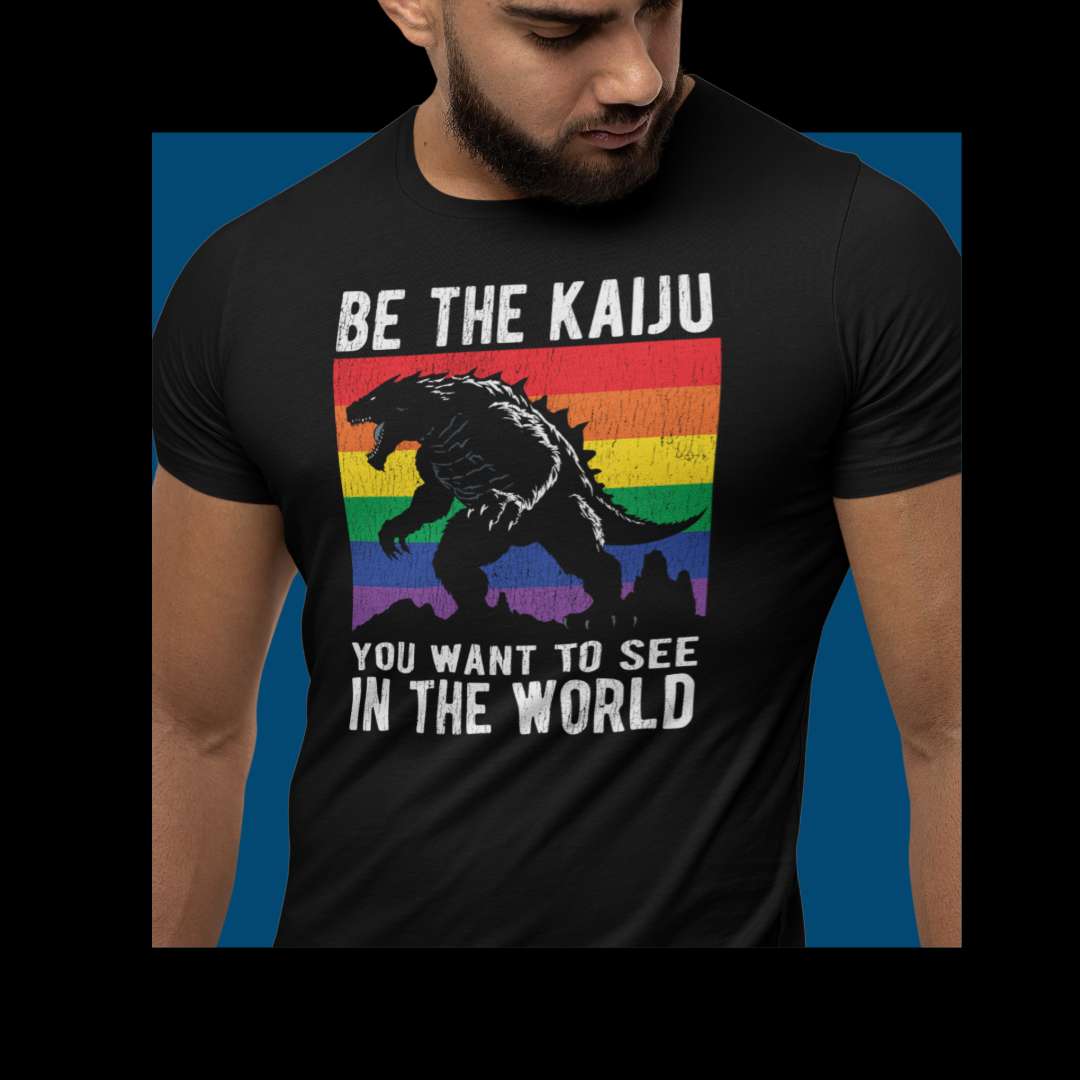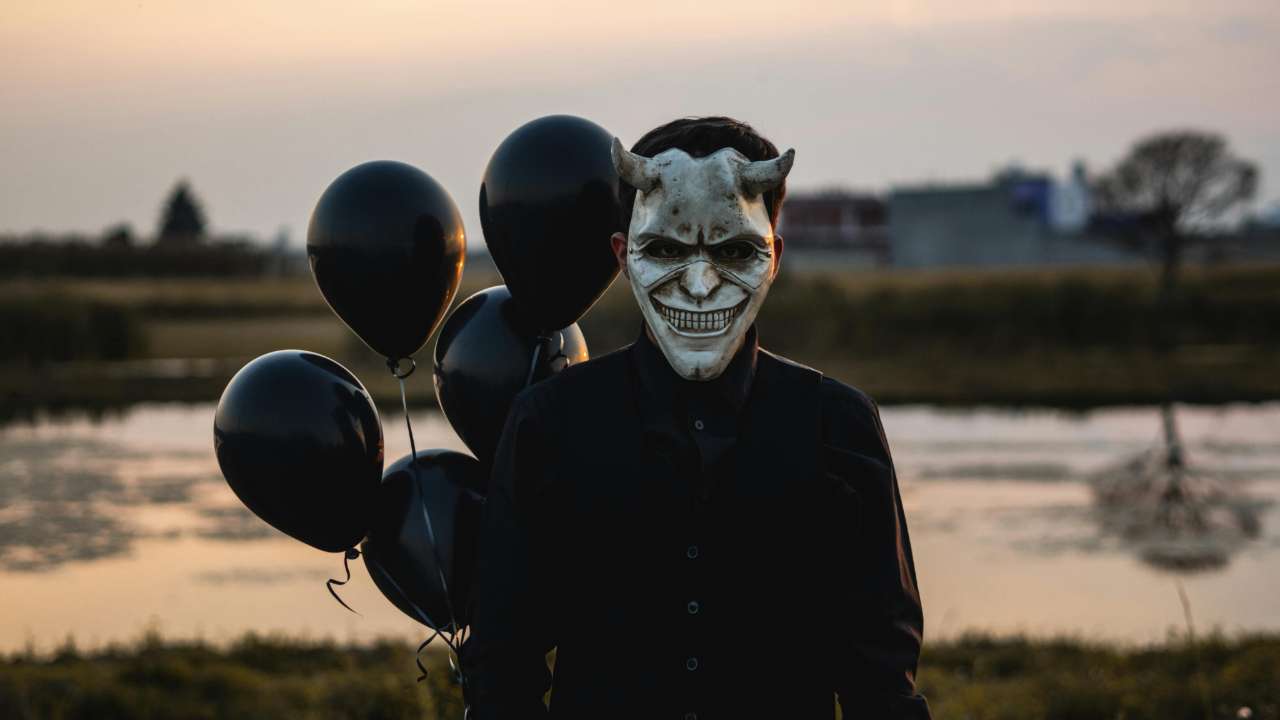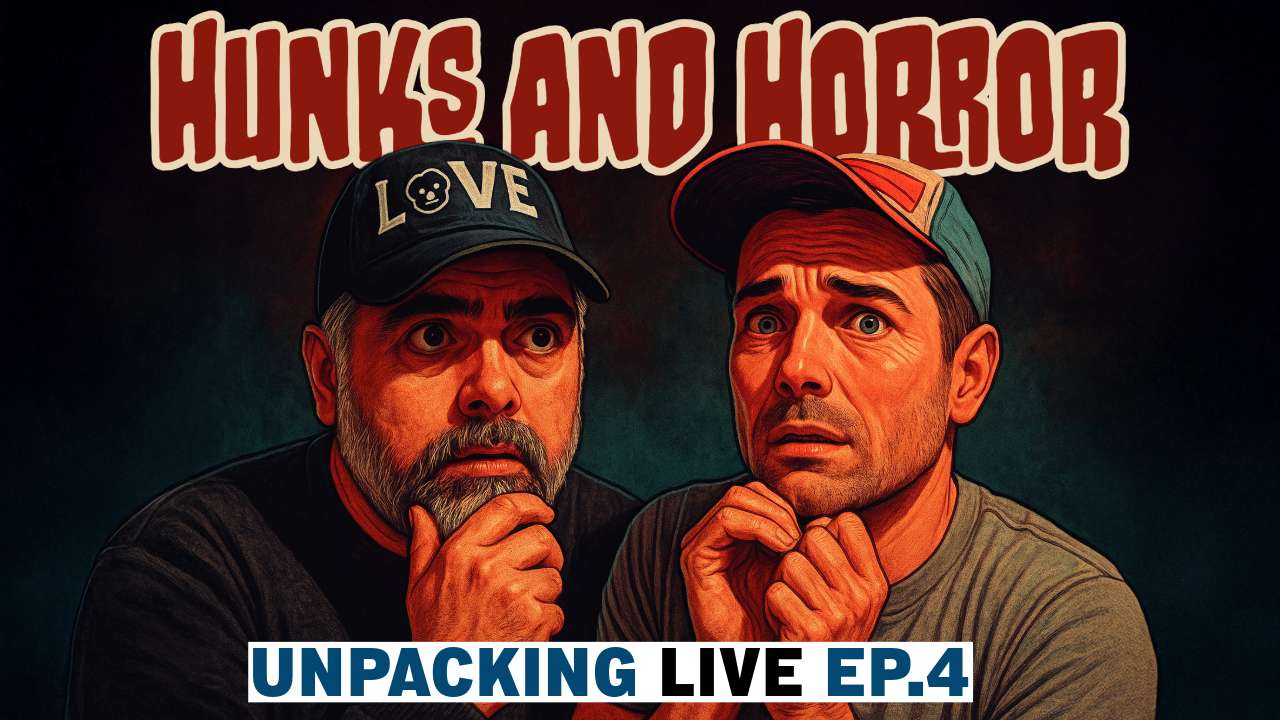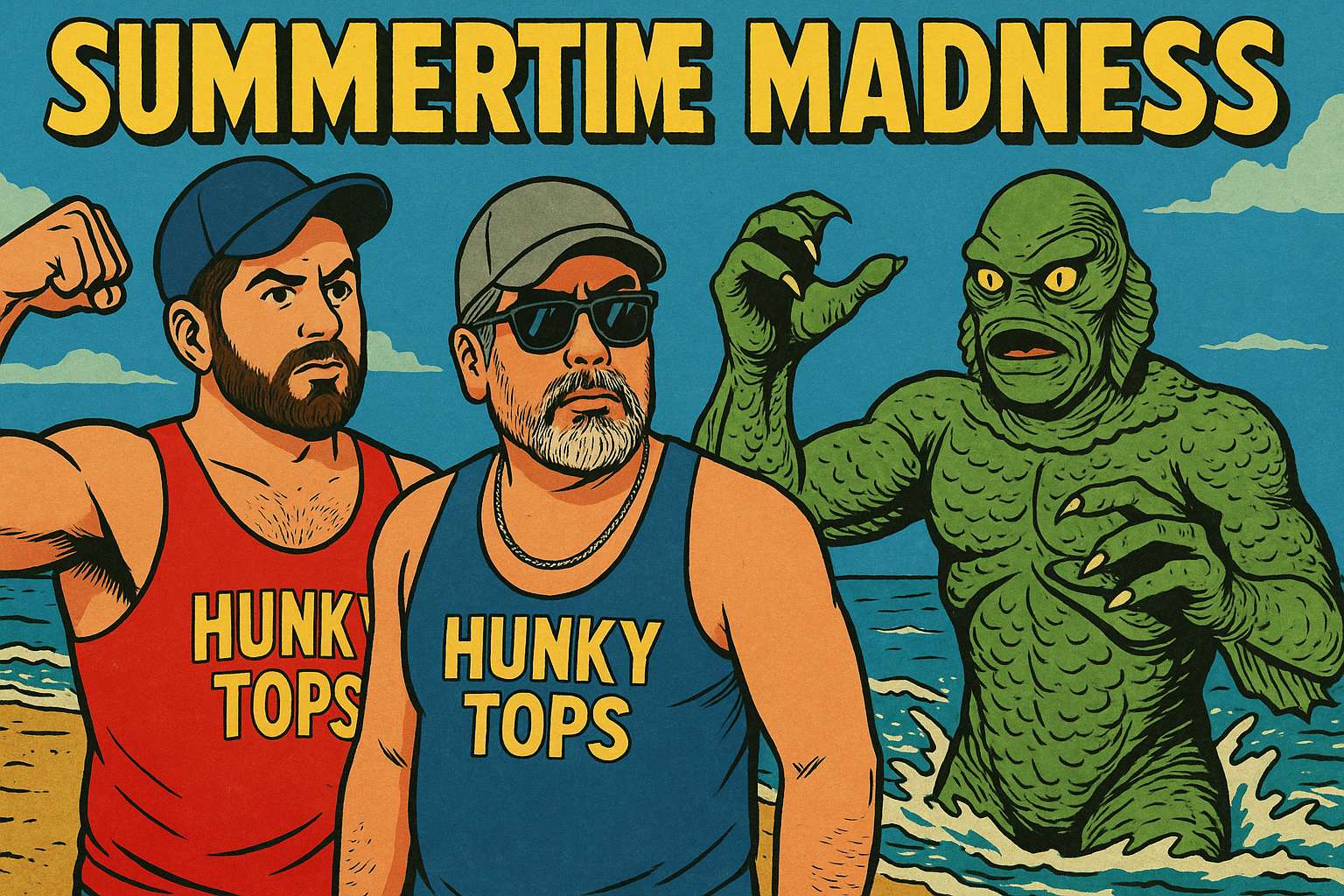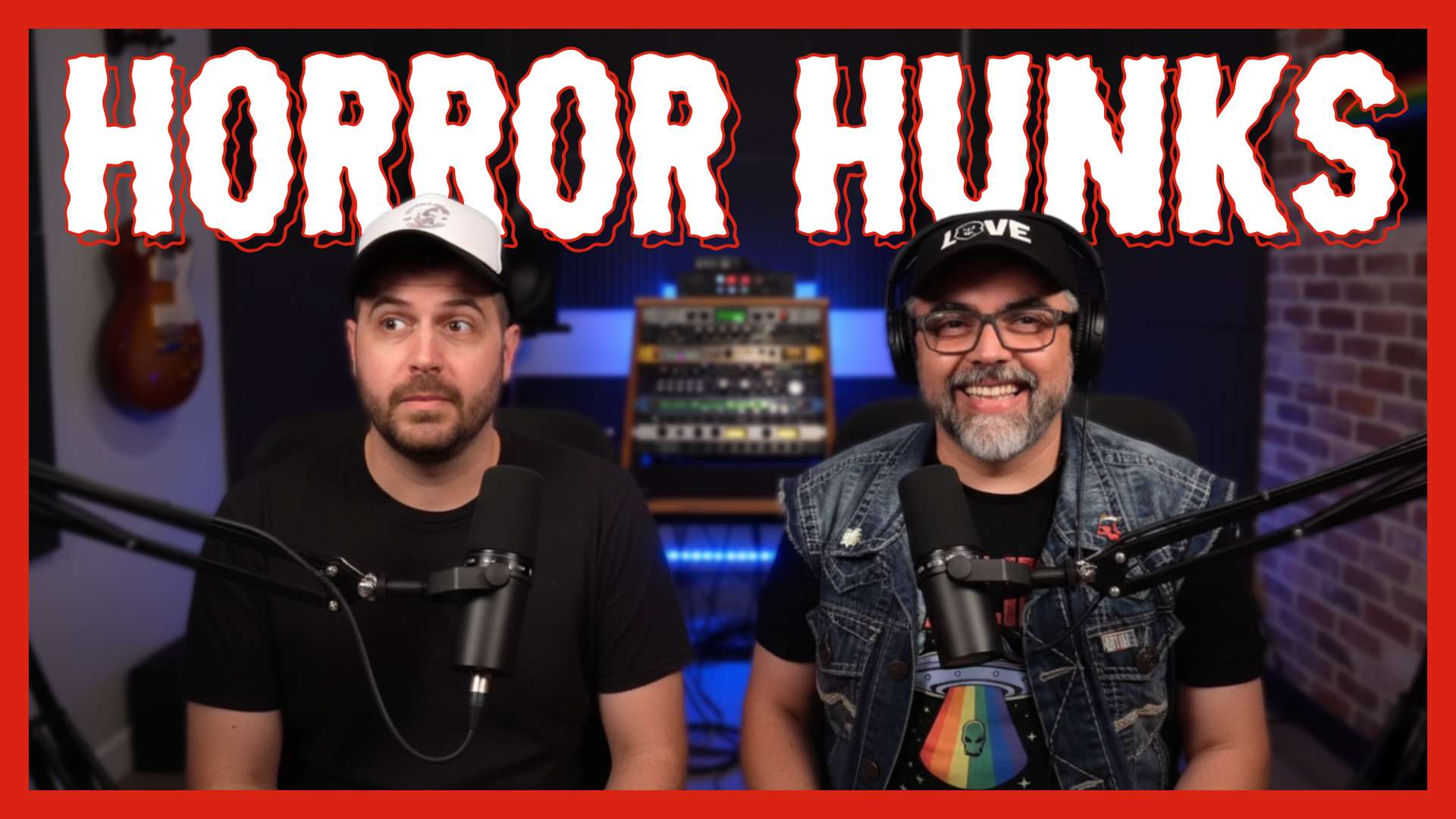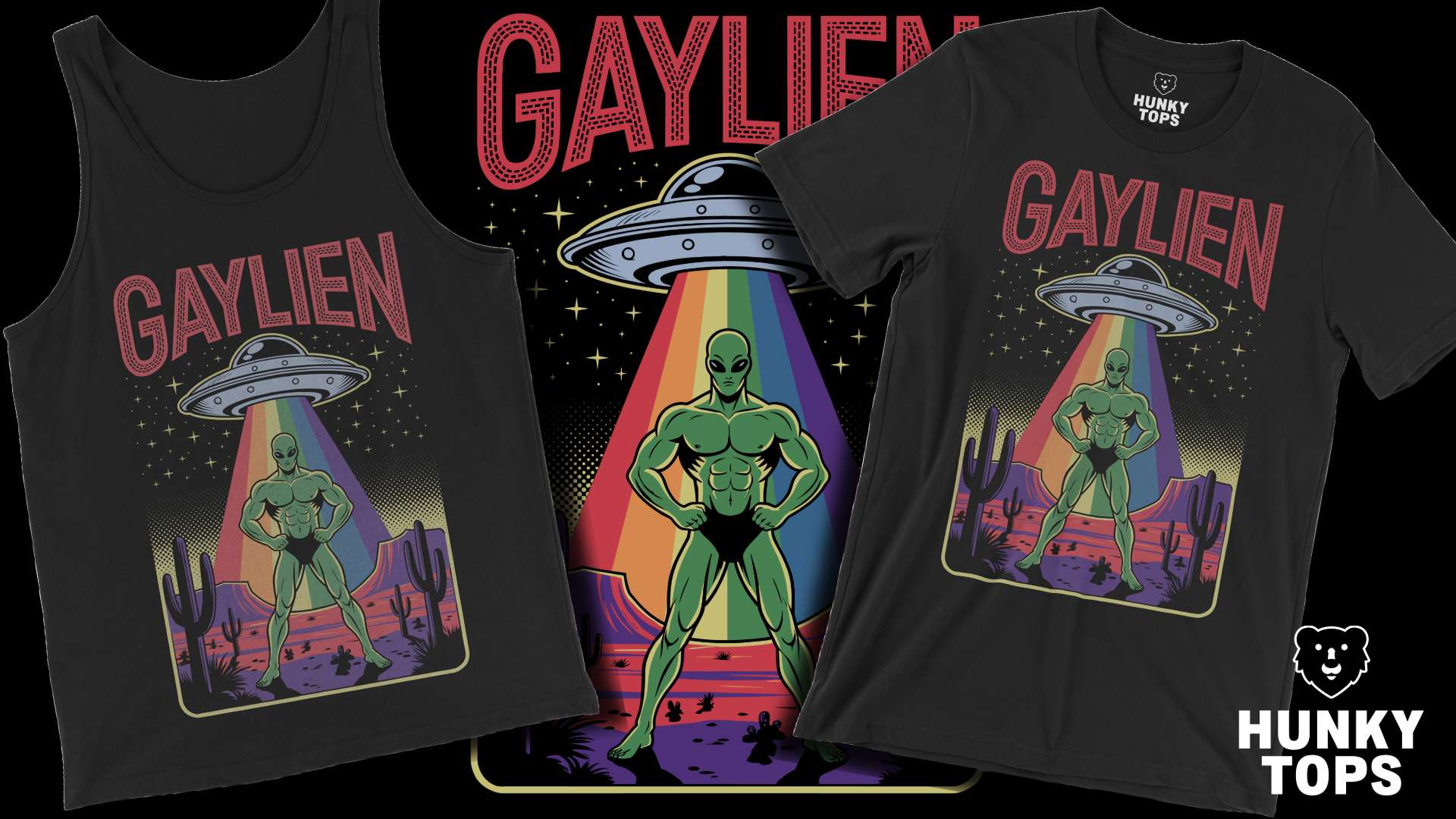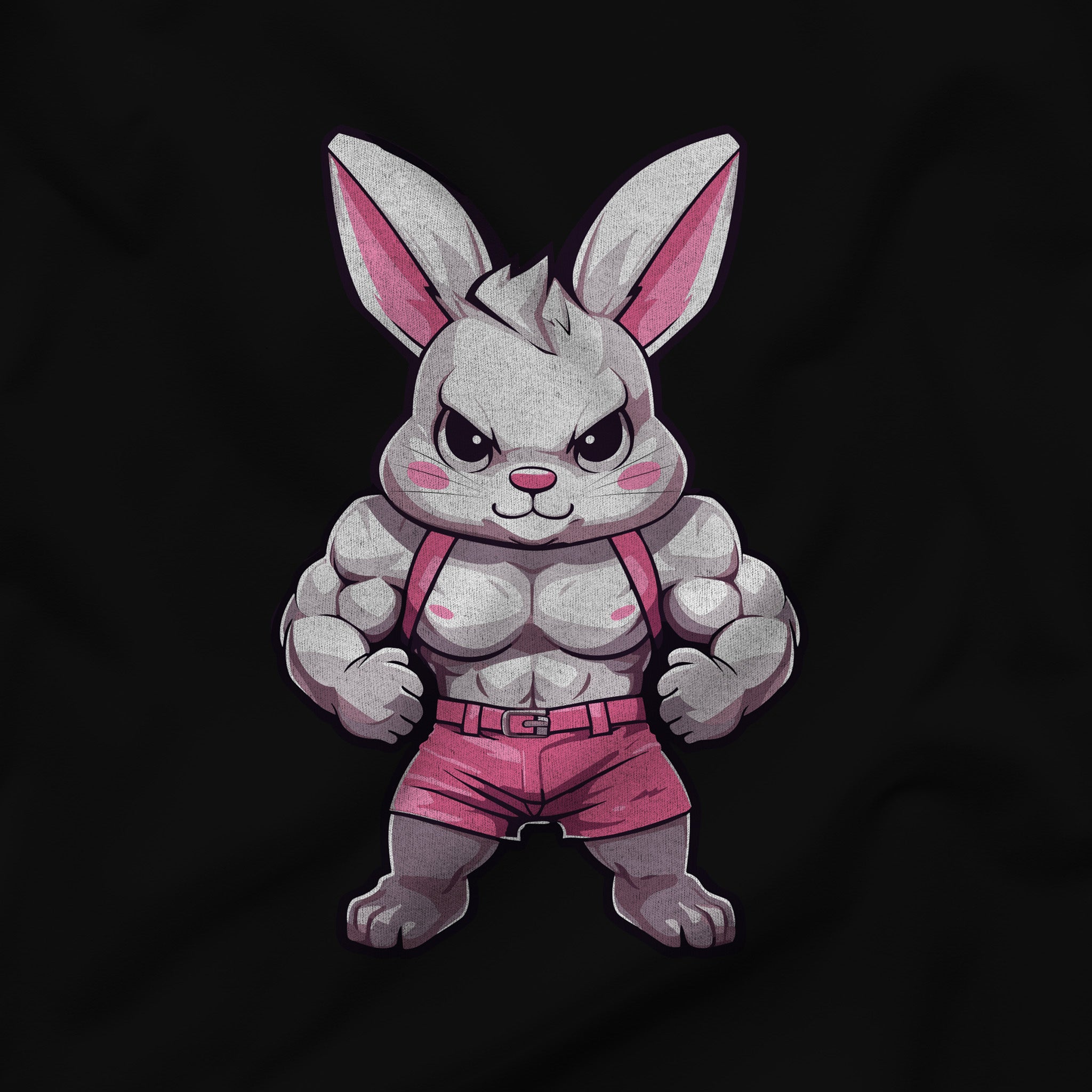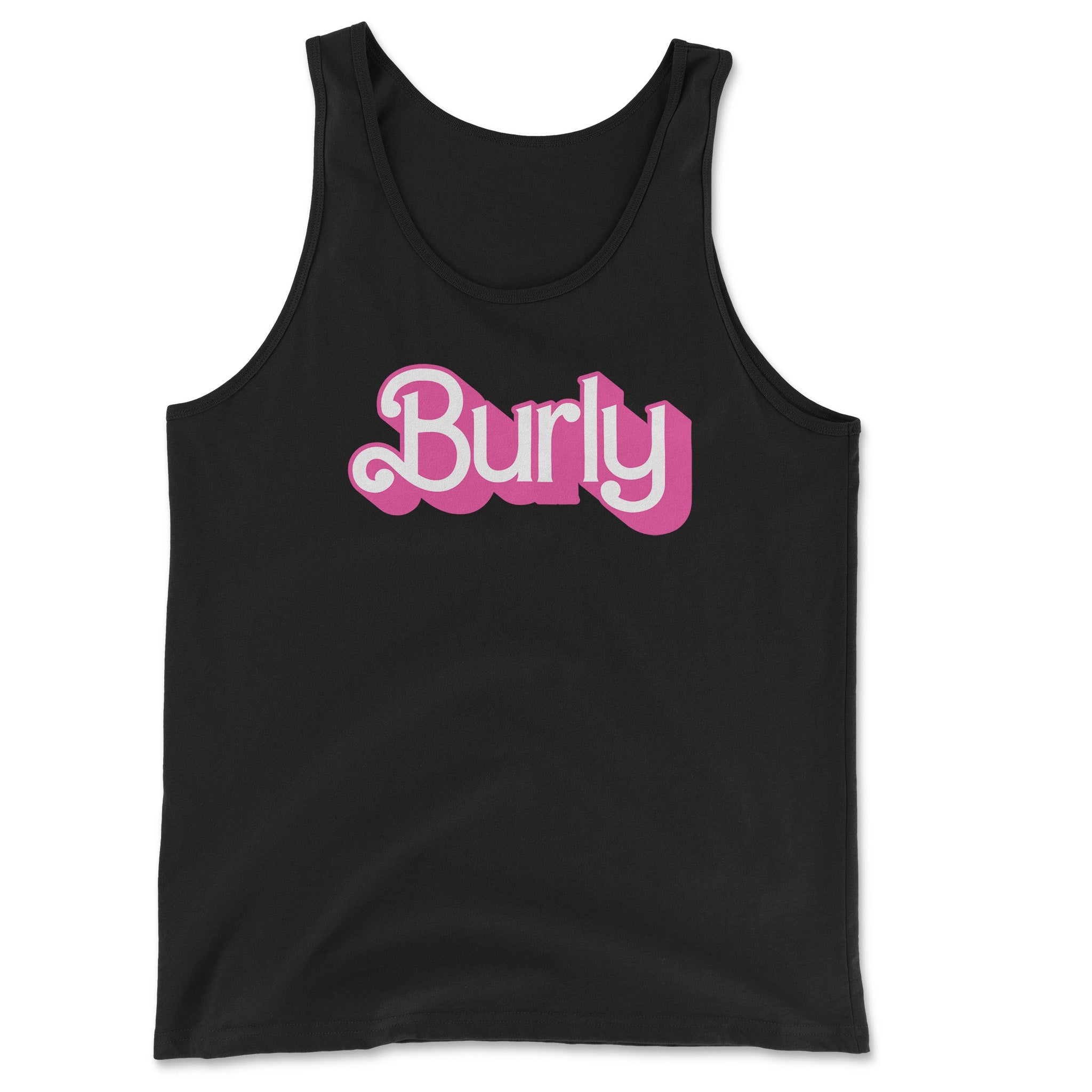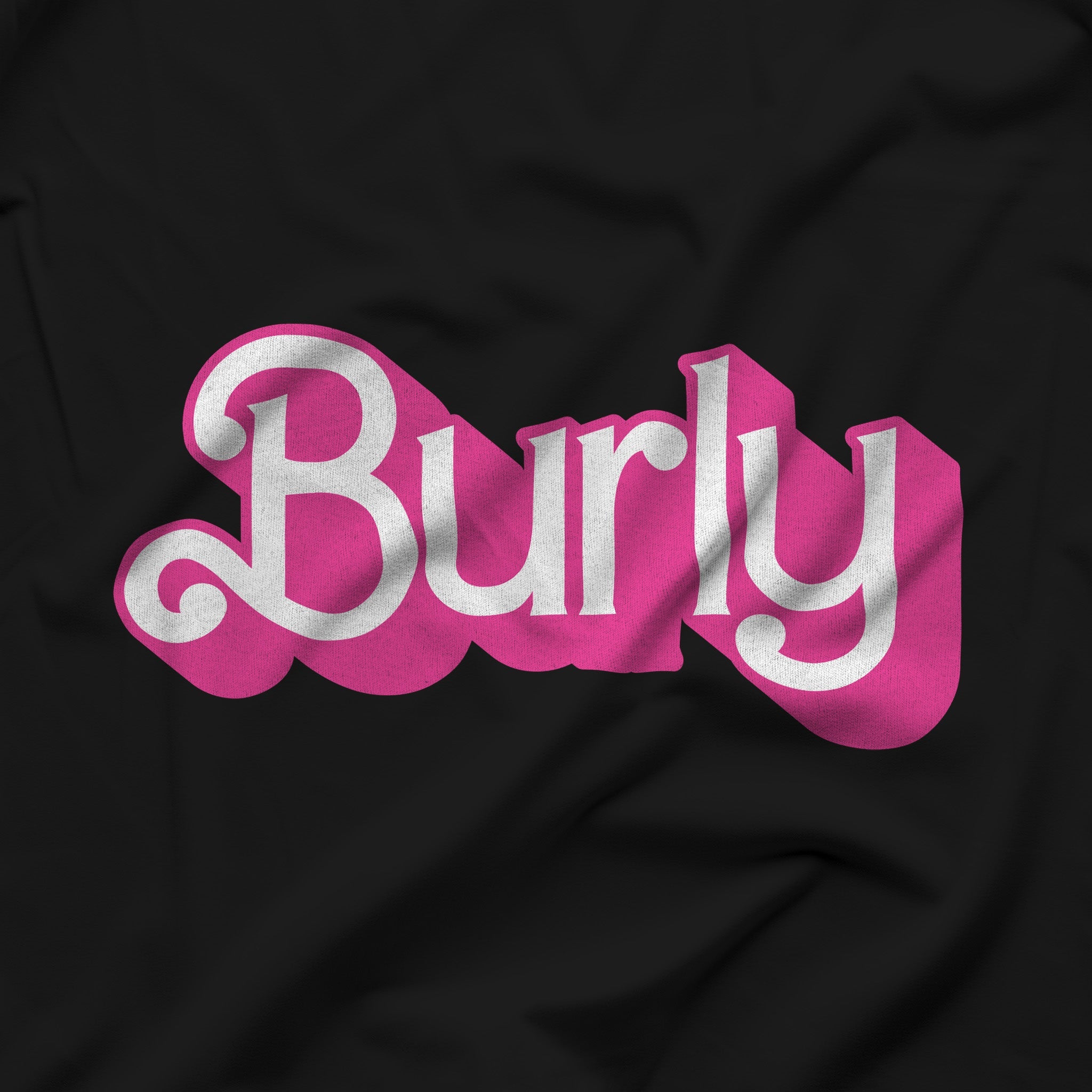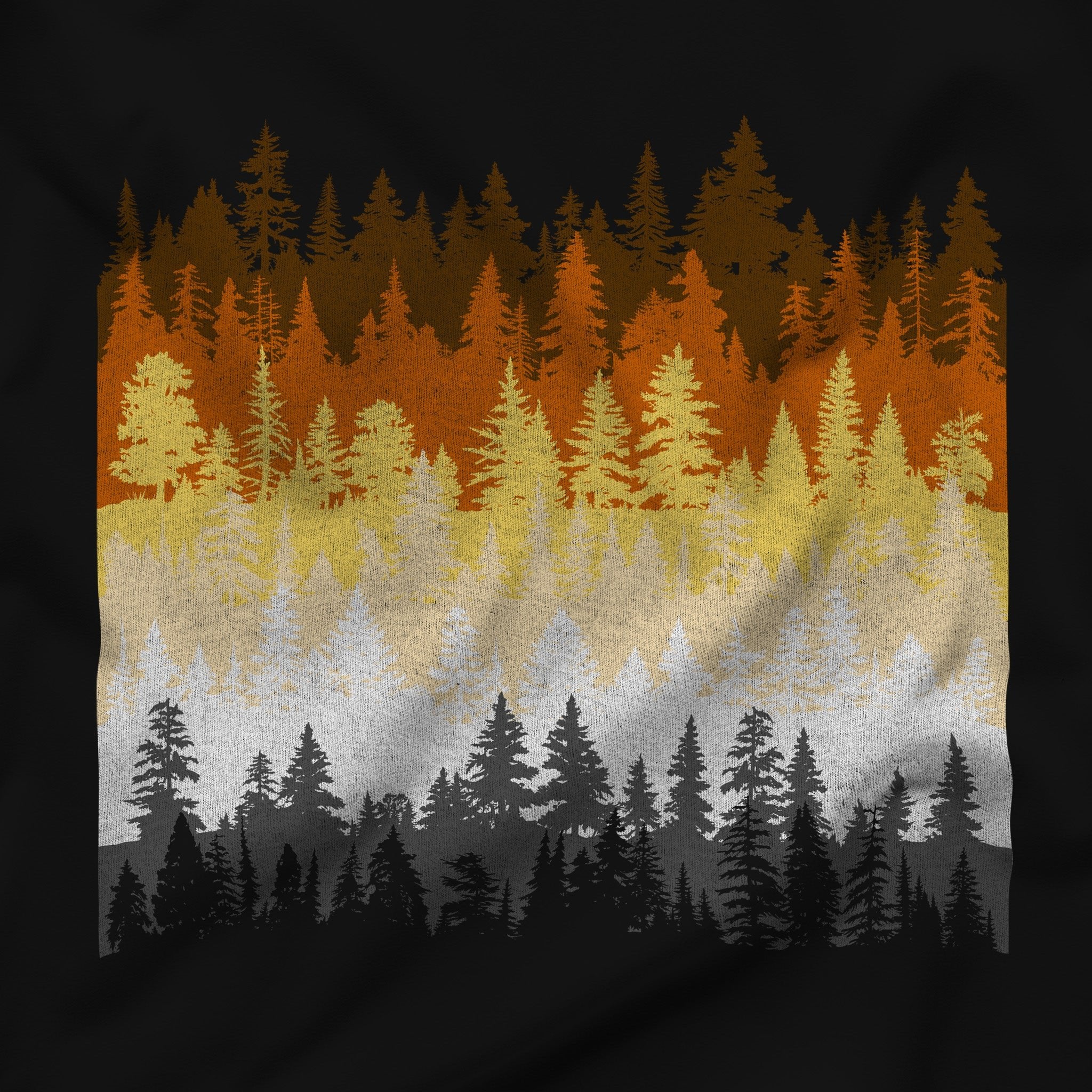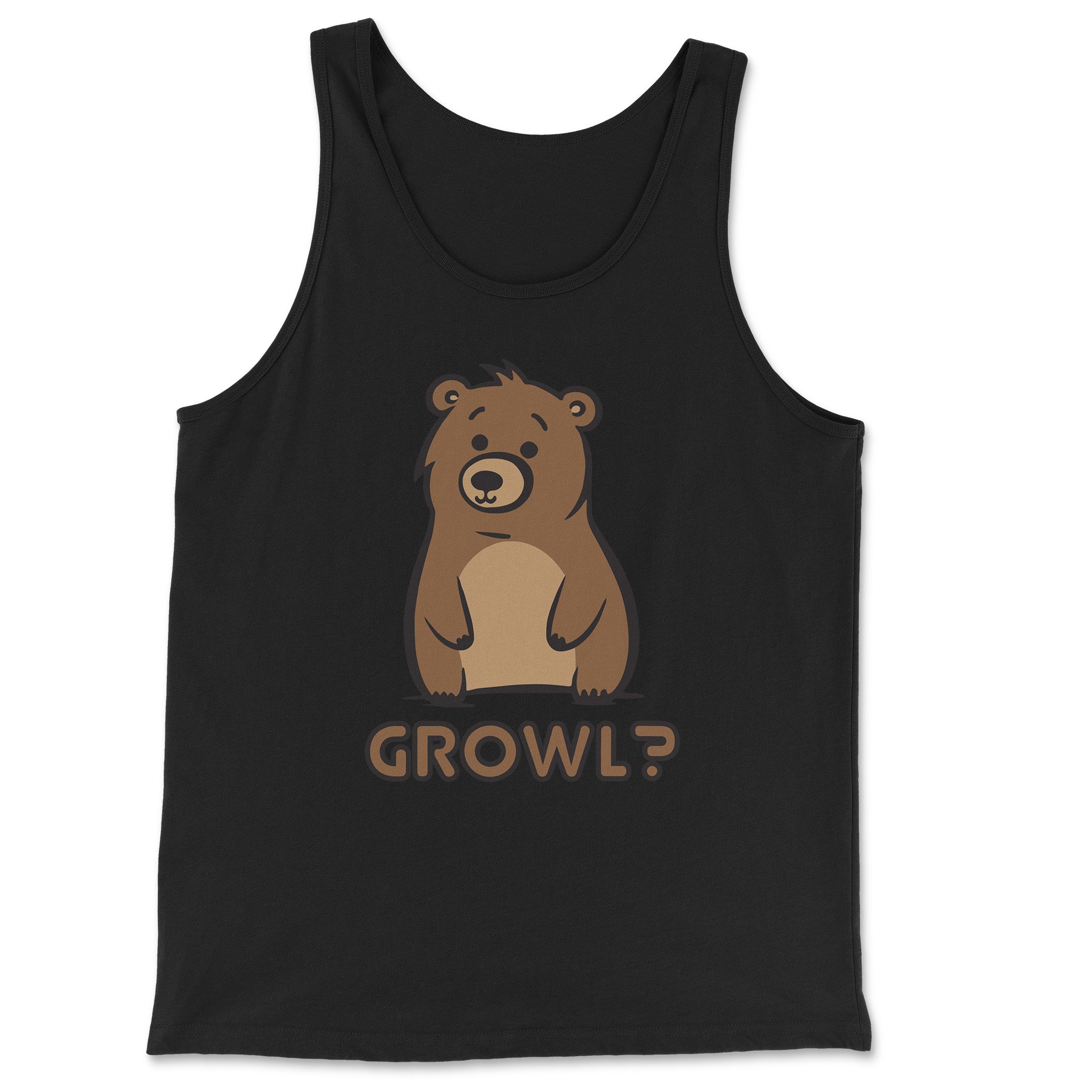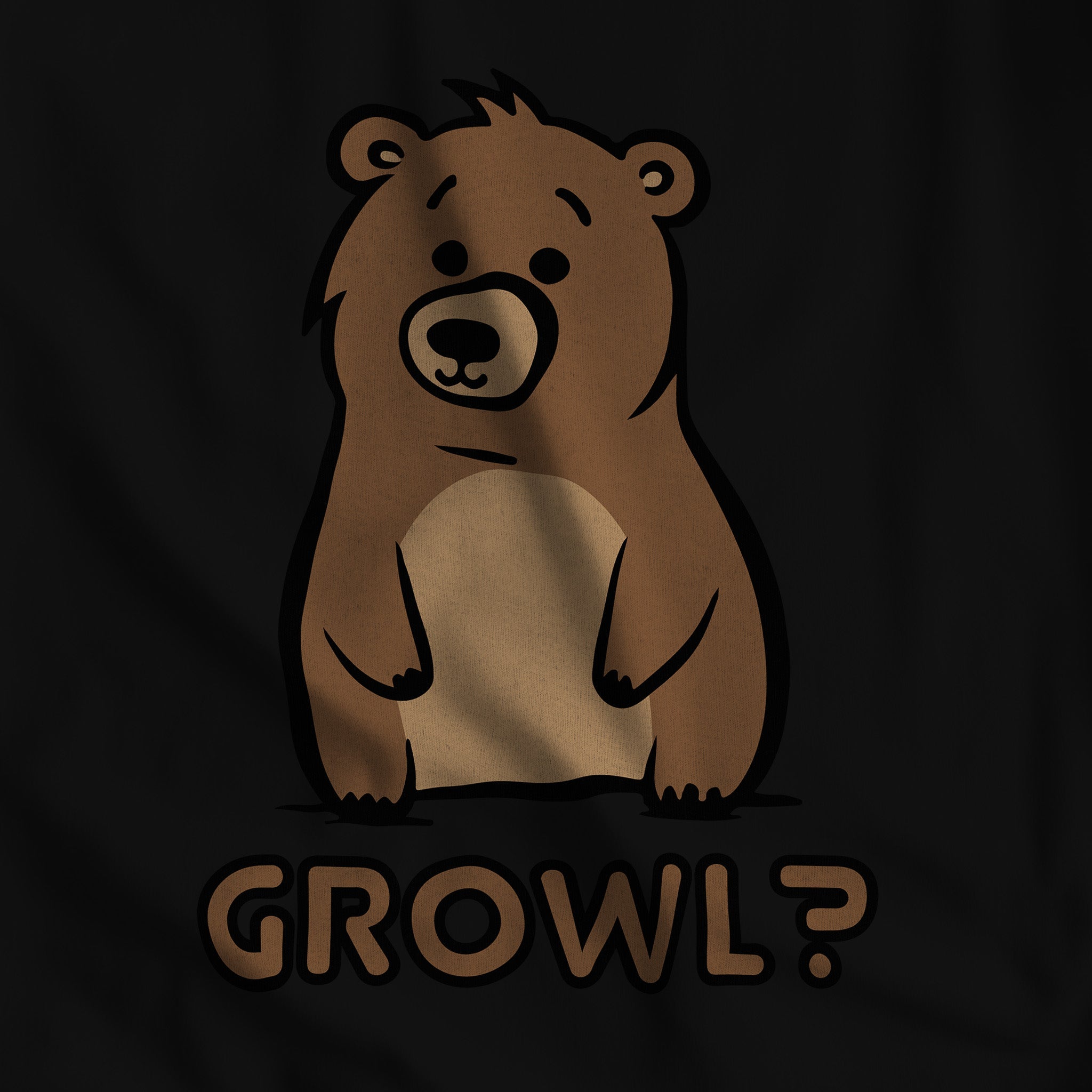Let’s get something out of the coffin early: horror is home for a lot of queer men.
As a gay man who grew up straddling two worlds—the one society built for me, and the one I created for myself—I’ve always found solace in the shadows. Horror movies weren’t just entertainment; they were therapy, a mirror, a megaphone, and sometimes, a shield. They offered a place to explore identity, trauma, and power before I ever had the language to articulate those things.
Take Sinners, which dropped this April. If you haven’t seen it yet, stop what you’re doing. I’m giving it an A+ without hesitation—not just for the hauntingly realistic storytelling, but for the way it holds space for marginalized voices. The costuming? Stunning. The soundtrack? Unapologetically queer and bold. But beyond the aesthetic, Sinners delivers a gut-punch of truth. It reminds us of who we are, who we’ve been told not to be, and why that tension matters. For anyone who has felt “othered,” this film doesn’t just entertain—it validates.
Featured product:
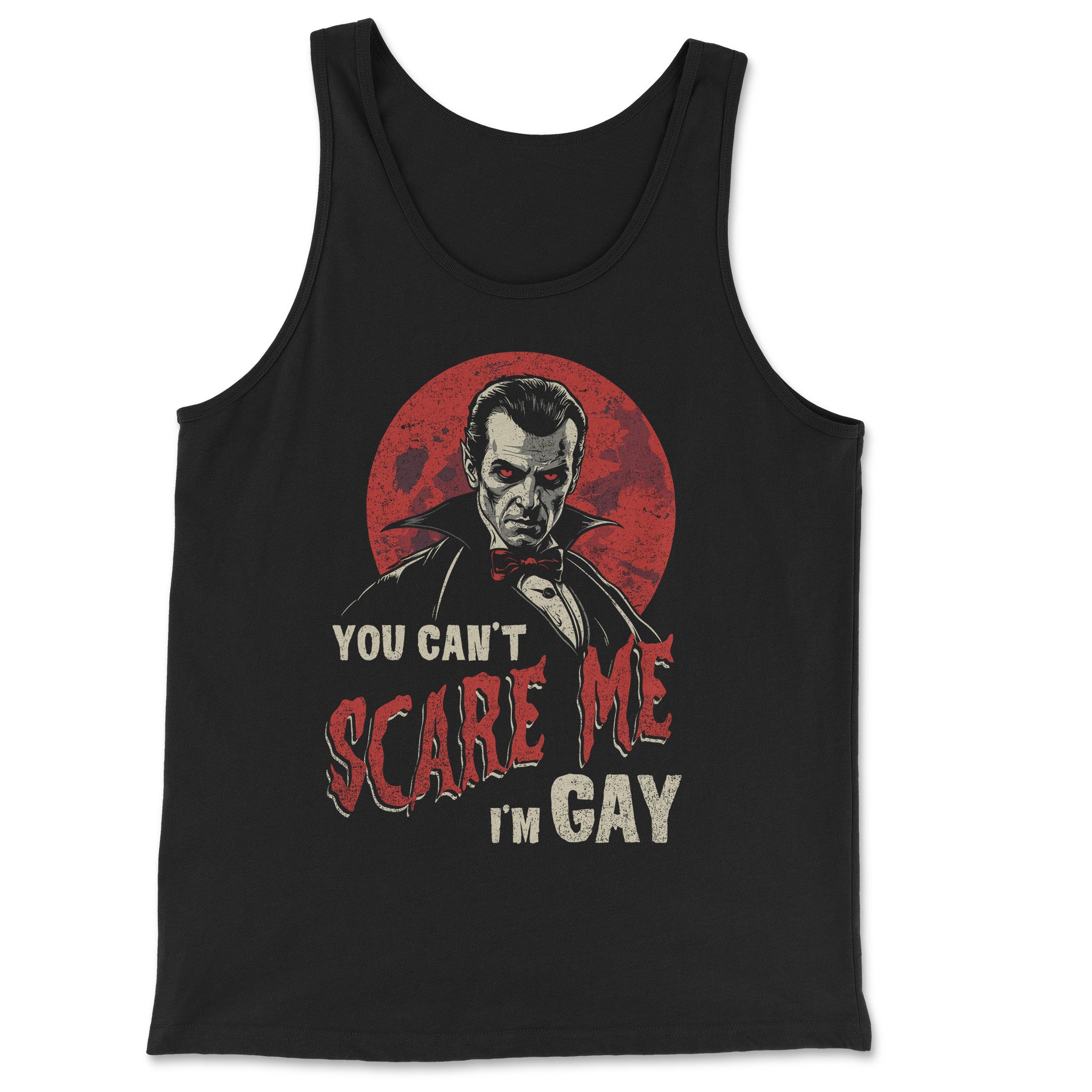
Growing up queer often feels like starring in your own horror movie—except society cast you as the villain without your consent. That’s why so many of us gravitate toward monsters. Vampires. Demons. Final girls with too much mascara and too much trauma. We see ourselves in them. Not because we’re evil, but because we’ve been painted that way for centuries. And it’s about time we reclaimed that narrative.
Interview with the Vampire was my baptism into this dark, sexy world. Anne Rice didn’t just give us bloodlust and New Orleans heat—she gave us queer-coded longing, sensuality, and the agony of living outside human rules. That film whispered to so many of us: You’re not alone in the dark. For me, it was one of the first pieces of media that made my queerness feel powerful rather than shameful.
Then there’s Tales from the Crypt: Demon Knight. Now that movie didn’t just rattle bones—it rattled beliefs. For those of us raised in the church, it struck a nerve. Horror forces us to question identity and indoctrination. And for queer people, especially queer men of faith, that’s not just introspection—it’s survival. We were told the Devil would come for us, but in these films, sometimes we are the Devil—and we finally get to win.
And let’s talk about Halloween. Michael Myers—yes, the boogeyman—is more than just a faceless killer in a jumpsuit. For many queer men, he was a sexual awakening. Strong, silent, powerful… and mysterious in the most intoxicating way. There was something erotic about the danger, something seductive about the mask. We weren’t afraid of him—we wanted to be him, or be with him. Horror allows that kind of fluidity. It doesn’t ask questions, it just feels.
Friday the 13th belongs in this canon too—not just for the campy kills and tight shorts (though, let’s be honest, we live for both), but because its themes strike deeper than the machete. A lot of gay men I know relate to Jason Voorhees, not just as a misunderstood monster, but as someone whose entire identity was shaped by maternal smothering, abandonment, and rage. We grew up with absentee fathers or mothers who tried to make us something we weren’t. We understand the pain of rejection, the pressure of perfection, and the fury that builds when you’re told to hide who you are. Jason wasn’t just a killer—he was the embodiment of repressed trauma. And in that trauma, we saw ourselves.
I believe horror is necessary. It’s escapism, yes—but it’s also reclamation. It’s where we get to cheer for the creatures instead of fearing them. It’s where we are powerful, desired, alive. In a world that tells us to shrink, horror lets us expand into creatures of our own making.
Gay men love horror because we know what it’s like to be hunted, silenced, misunderstood. We know what it’s like to be told our love is unnatural, our presence too much. So, when we watch vampires seduce, demons destroy, or final girls rise from the grave one bloodied heel at a time—we feel seen. And maybe, just maybe, we feel free.
Horror doesn’t demand we assimilate. It invites us to be loud, messy, flamboyant, terrified, and triumphant. It lets us scream and survive. And that, my friends, is a story worth telling again and again—preferably under moonlight, with blood on our lips and glitter in our veins.

